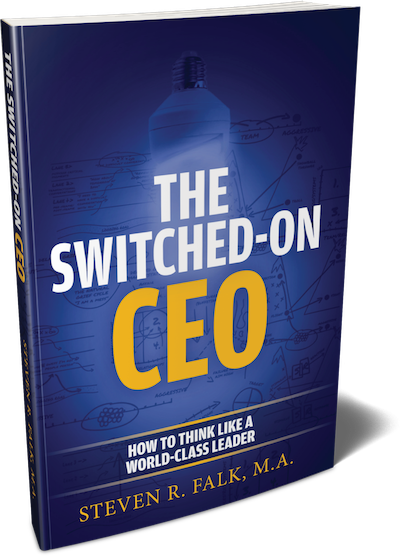Perseverance vs Moving On
How These Two Avatars Battle For Our Final Decision

In many leaders’ brains there is a turf war going on between PERSEVERANCE and MOVING ON.
Perseverance is often seen like a muscle bound trainer shouting, “Never quit. Get back up. Don’t give up, your breakthrough could be one inch away.”
The “move on” internal thought process has an equally compelling position. Most of us can recite the poem: “If you love something, let it go. If it comes back to you, it’s yours. If it doesn’t, it never was.” From this philosophy comes the powerful culture influencing hit songs for example, “Let It Go,” from the Disney movie Frozen.
I firmly believe that both perseverance and moving on can be the legitimate “right answer” for us depending on the circumstances. More importantly, the age old question is: “How do you decide which path to take?”
Here’s a thought that might help. If we polarize perseverance as an aggressive avatar; hard nosed, muscle bound bootcamp yeller and we view moving on as a passive avatar; soft spoken life coach then we are going to naturally lean either to one or the other and could end up making decisions that are not in our best interest.
I think we would benefit by recasting both perseverance and moving on into neutral characters.
To make clear minded, open hearted, complex decisions around persevering through or moving on our minds need to view both positions as a calm wisdom trying to speak to us.The less adrenaline the better.
Take away:
Do you know which way you naturally lean towards when faced with a complex and difficult situation?
Do you hold both moving on and perseverance on fair scales in your heart and mind, or are your scales unfairly weighted?
What internal corrective action could you take to make your next big decision better than the last?
Steven Falk

P.S. Don’t forget, People Can Change and The Power of Success is in TEAM

